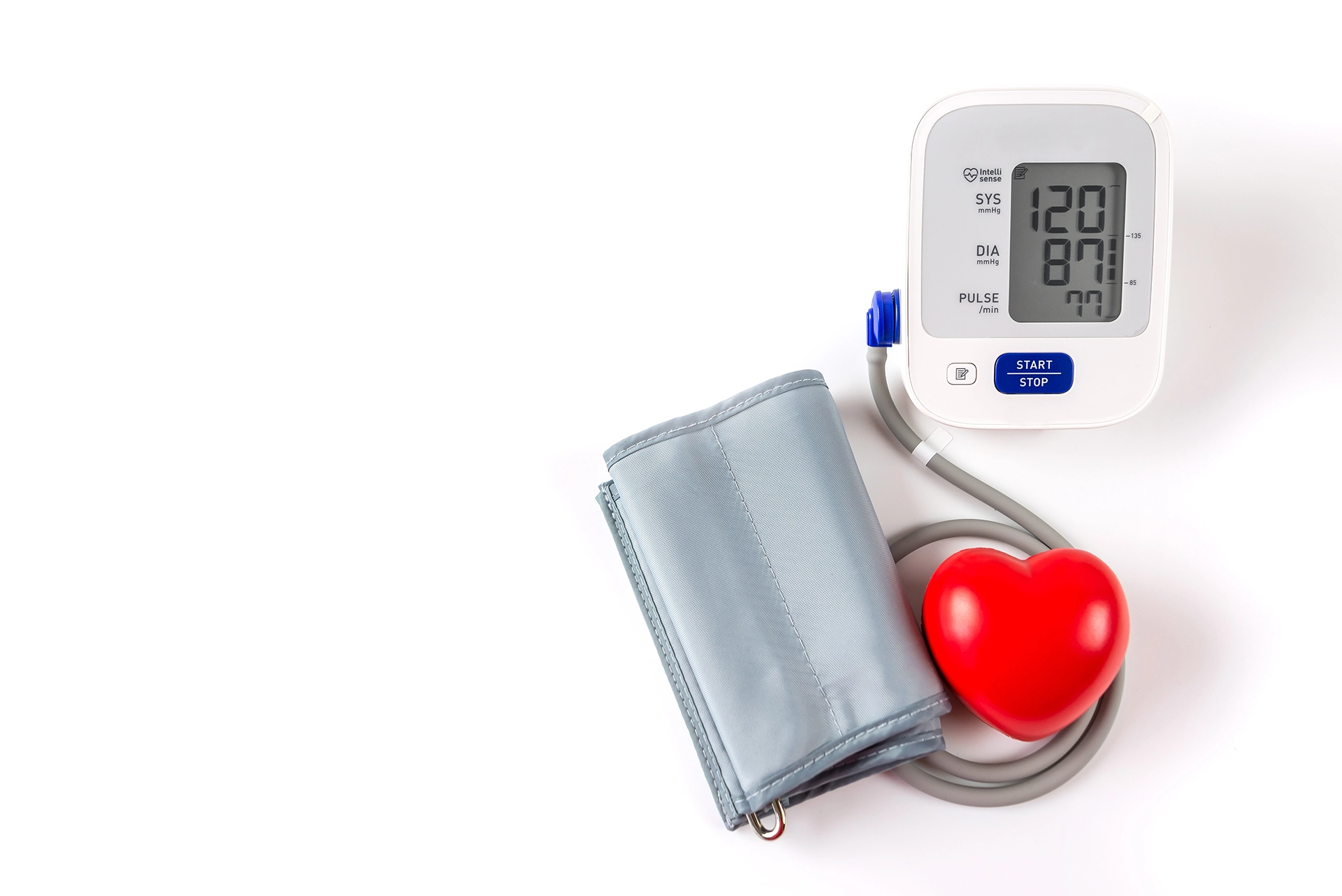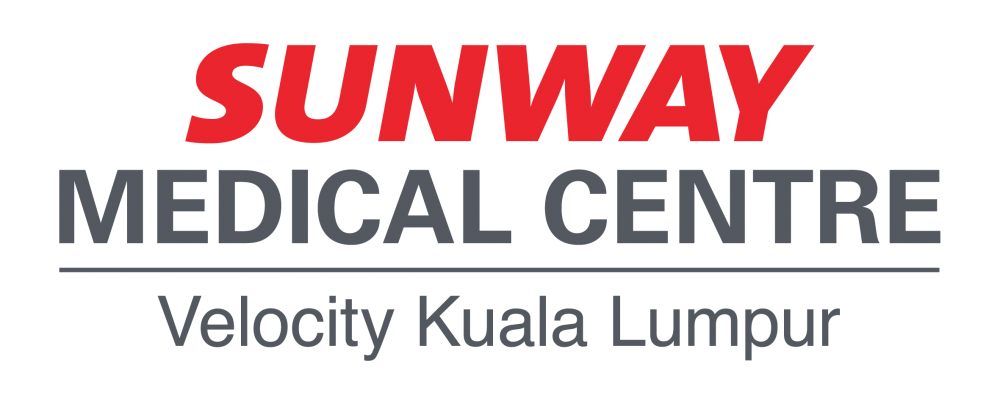Blood Pressure and Your Heart: Understanding the Impact of Hypertension

High blood pressure, also known as hypertension, is one of the leading risk factors for heart disease, affecting millions of people worldwide. It develops when the force of blood pushing against the artery walls is consistently too high, making the heart work harder to pump blood throughout the body. Over time, this increased pressure can lead to severe damage to the heart, arteries, and other vital organs, increasing the risk of heart attacks, strokes, and heart failure.
How High Blood Pressure Affects the Heart
1. Increased Strain on the Heart
When blood pressure remains elevated for an extended period, the heart must pump with greater force to circulate blood effectively. This added strain can lead to:
- Left Ventricular Hypertrophy – The heart’s left ventricle, responsible for pumping blood to the rest of the body, thickens and enlarges due to the extra workload. Over time, this can lead to heart failure and a higher risk of sudden cardiac death.
- Heart Failure – A weakened or stiffened heart muscle struggles to pump blood efficiently, leading to fluid buildup in the lungs and body, causing symptoms such as shortness of breath, swelling, and fatigue.
2. Damage to the Coronary Arteries
The arteries supplying blood to the heart must remain flexible and clear to ensure proper circulation. Hypertension damages these arteries in several ways:
- Narrowing and Hardening of Arteries (Atherosclerosis) – High blood pressure can injure the arterial walls, making them prone to plaque buildup, which restricts blood flow to the heart muscle. This increases the risk of coronary artery disease, angina (chest pain), and heart attacks.
- Increased Risk of Blood Clots – Damaged arteries are more likely to develop clots, which can block blood flow and trigger heart attacks or strokes.
3. Higher Risk of Heart Attacks and Strokes
Uncontrolled high blood pressure significantly raises the chances of sudden cardiac events:
- Heart Attack – A complete blockage in a coronary artery can prevent oxygen from reaching part of the heart, causing tissue damage and potentially life-threatening consequences.
- Stroke – High blood pressure weakens the arteries leading to the brain, making them more prone to rupture or clot formation, resulting in ischemic (blocked artery) or hemorrhagic (bleeding) strokes.
Hypertension is manageable, and taking the right steps can significantly lower your risk of heart disease. Regular heart screenings help monitor blood pressure, cholesterol, and overall heart health, allowing for early detection of potential issues. Maintaining a healthy lifestyle—including a balanced diet, regular exercise, reduced salt intake, and avoiding smoking or excessive alcohol—can help regulate blood pressure naturally. If lifestyle changes aren’t enough, medications may be prescribed to manage hypertension effectively. Visit our Heart Screening Packages or consult our Cardiology Department for expert guidance on heart health.




